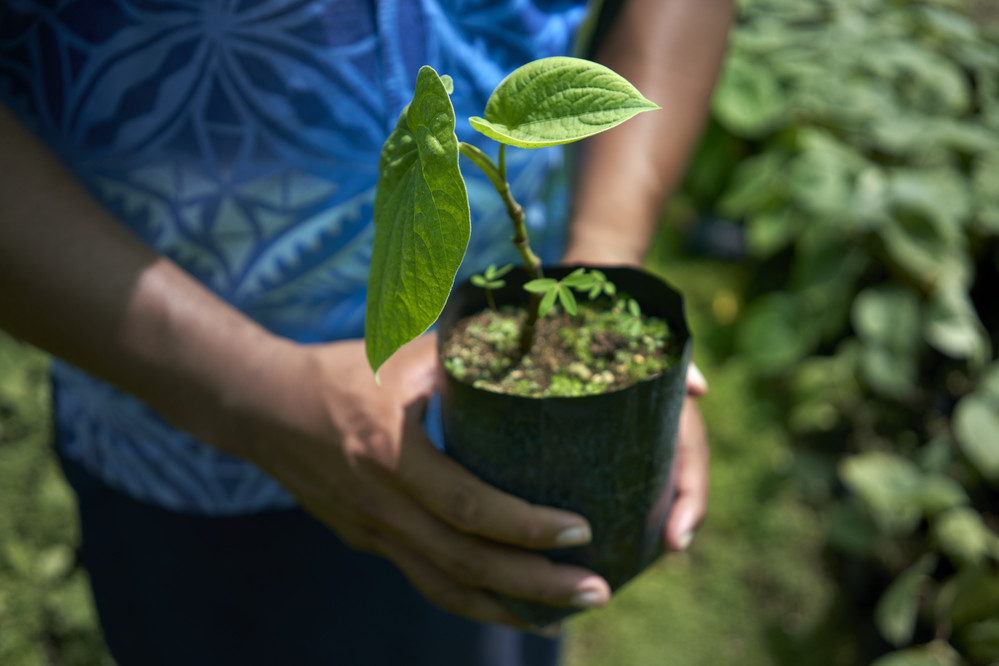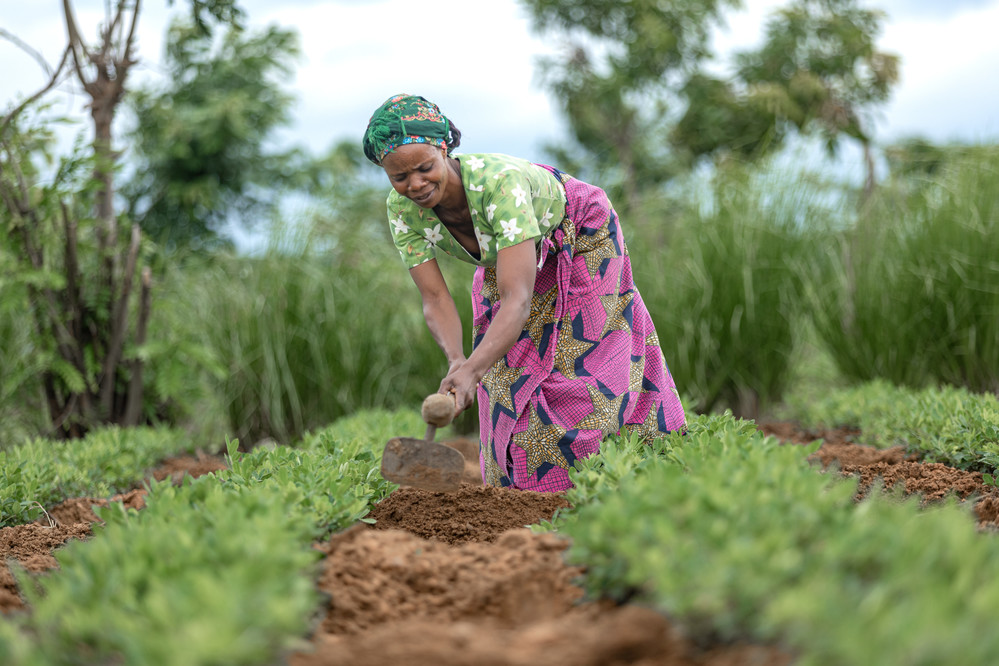A blog by Nadia Martinez, Senior Coordinator, SAFIN
Last week, delegates from around the world came together to take stock of progress in achieving food systems transformation, as envisioned by the United Nations Food Systems Summit in 2021. Members of the Smallholder and Agri-SME Finance and Investment Network (SAFIN) participated in the Stocktaking Moment to contribute to the debate, offer practical solutions, represent their constituencies, and forge new partnerships.
The SAFIN Secretariat hosted an exhibition booth at the event to showcase examples of the work our members do to support agricultural SMEs and smallholder farmers. We also contributed to a Special Session with the Private Sector, alongside the International Fund for Agricultural Development (IFAD), SAFIN’s host institution and co-organizer of the Food Systems Summit.
Here are my key takeaways from the Stocktaking Moment (STM):
-
Food systems transformation must recognize and include smallholder farmers and agricultural SMEs as key contributors and drivers of positive change.
This message came across clearly and consistently throughout the STM. Small-scale farmers produce one-third of the food the world consumes. They are stewards of land and are affected most directly by the impacts of the changing climate. Alongside the small and medium enterprises (SMEs) that support farmers’ activities with inputs, technologies, financing and markets, farmers and small businesses make up the majority of the food system architecture globally. Financing and policies need to reach this population- a message repeated like a mantra at the event.
SAFIN member Asia Farmers Association for Sustainable Development (AFA) commended the efforts of governments to integrate participation and multi-stakeholder approaches in the governance process of food systems transformation. However, Lany Rebagay, Policy Advocacy Officer at AFA insisted that, “farmers’ participation needs to go beyond consultation to a more sustained, institutionalized and funded partnership with other stakeholders in the sector”.
-
Investment and support are key enablers for the transformative actions needed at scale.
Innovative public financing and private investment are urgently needed to support food systems transitions and accelerate progress towards meeting the Sustainable Development Goals (SDGs). This includes investment for those traditionally excluded and persistently unable to access finance.
SMEs work across the entire food system – as input providers, producers, transporters, traders, processors, and retailers. They are responsible for 50% of production, processing, and distribution of food, and even higher in some developing countries. Increased financing for farmers and SMEs is essential to promote sustainable practices, expand market access, reinvest in local businesses and build resilience to climate change and other crises. Yet, there is still a US$160 billion financing gap between what SMEs need to grow and thrive, and the capital currently being invested in them.
Solutions offered by SAFIN partners aim to bridge this gap. For example, SCOPEinsight’s assessment tools help to professionalize farmers’ organizations to enable capital providers tailor products to meet their specific needs. “There are models that work,” said Lucas Simons, SCOPEinsight’s CEO, “what we didn’t hear at the STM was a strong call to action to bring those to the fore.”
-
Collaboration and partnership will foster a collective global vision to transform food systems.
There was a strong spirit of collaboration at the STM. The UN Secretary-General Antonio Guterres officially opened the Summit, and reminded us that we have all the resources needed – food, money, agricultural innovation and technology – to change food systems for the better. He warned that fragmentation slows progress and urged that “transforming food systems requires all hands on deck.”
SAFIN was created to bridge siloes, share knowledge and foster collaboration within the agricultural finance sector. Our longstanding partnership with the International Trade Centre’s (ITC) Alliances for Action helped to unlock financing opportunities in Jamaica’s coconut industry, directly supporting producers and small businesses across the value chain to become sustainable. “ITC is committed to supporting the goals set out by the UNFSS together with our partners. Our team went to Rome to showcase inclusive, multi-stakeholder partnerships that cultivate ethical, climate- smart, sustainable agricultural value chains for improved food and income security,” said Hernan Manson, ITC’s Head Inclusive Agribusiness Systems.
Learn more about SAFIN at the UN Food Systems Summit +2 Stocktaking Moment.

